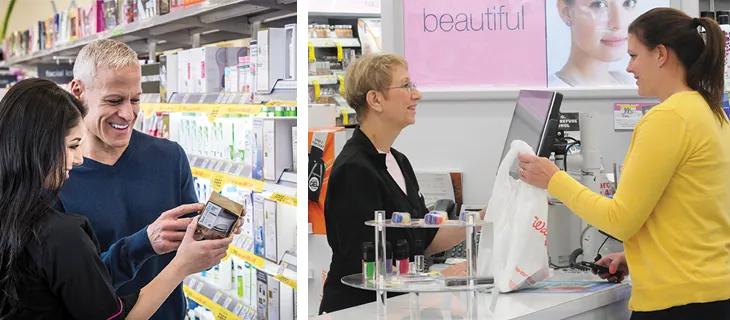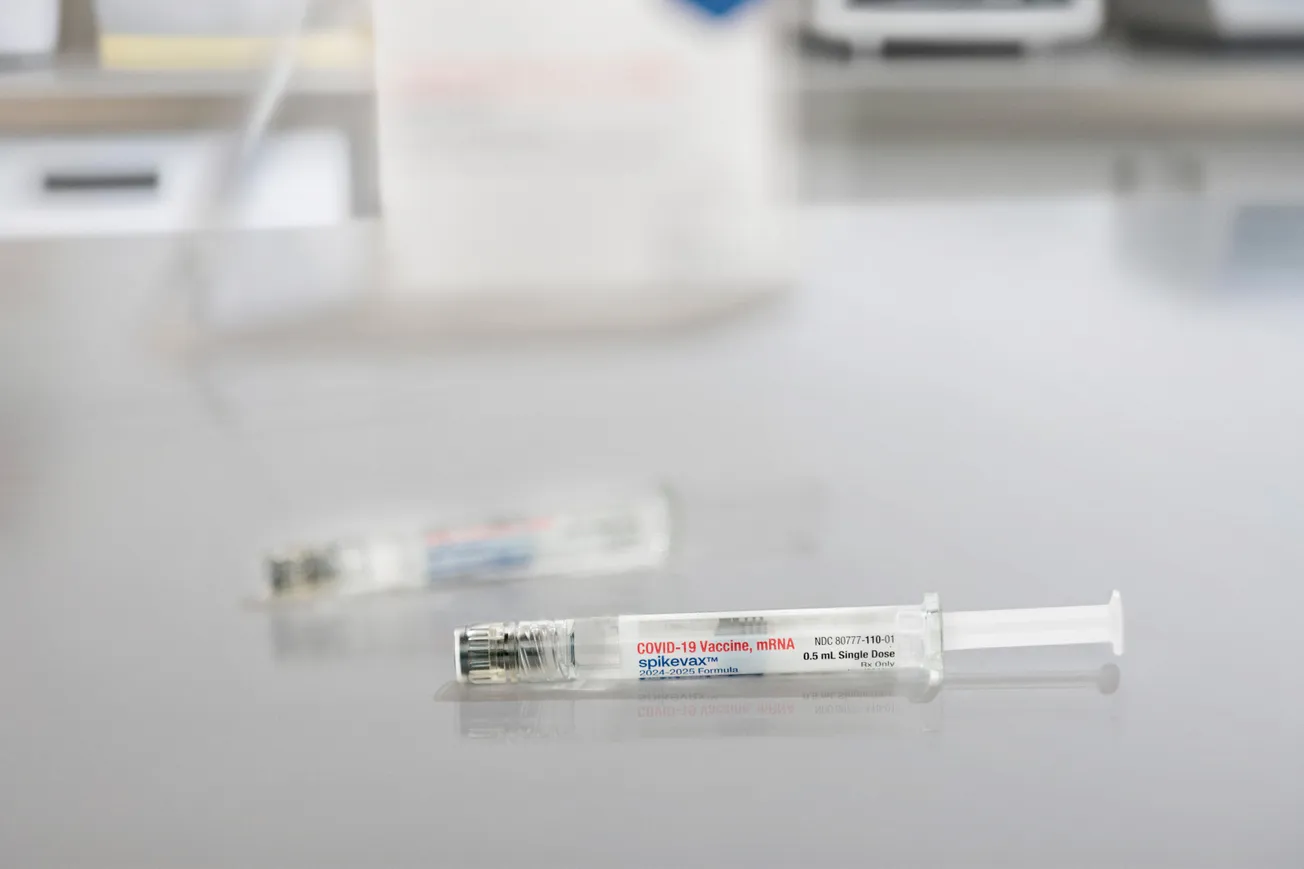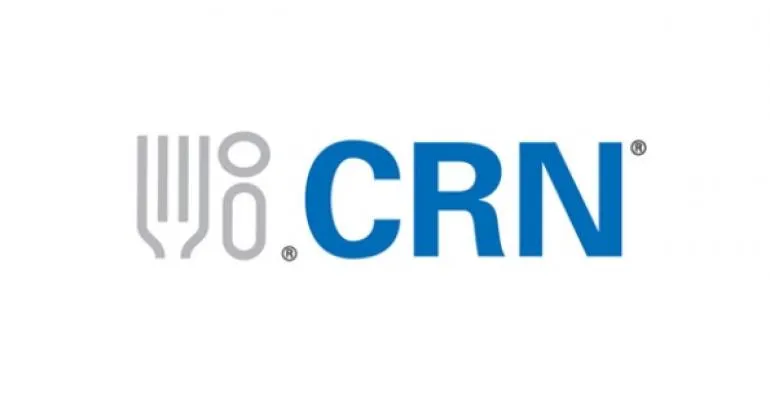
NEW YORK — This isn’t your father’s chain drug industry. It’s not even your older brother’s.
The mergers of CVS Health and Aetna Inc. and Rite Aid Corp. and Albertsons Cos. are recasting two of the top three players and, in the process, redefining what it means to be a drug store operator.
“Prescriptions, O-T-Cs and cosmetics are no longer the stars of the show,” says one expert. “The industry is now all about integrating multiple facets of health care, with an eye toward convenience for patients and efficiency through integration.”
“The 800-pound gorilla in the room is Amazon,” adds another industry watcher. “Drug chains are trying to do something before they get stomped on by the e-commerce beast.”
Furthering the recreation of the top players would be Walgreens Boots Alliance’s (WBA’s) buyout of AmerisourceBergen Corp., which reportedly has been under discussion. And other health care mergers and acquisitions, like Cigna Corp.’s purchase of Express Scripts and Walmart’s reported interest in buying Humana, are likewise shaking up the industry. WBA executive vice chairman and chief executive officer Stefano Pessina said this year that vertical integration could help simplify and bring efficiency to “the very complicated U.S. system.”
Whatever happens with WBA and Walmart, it’s clear that chain drug retailing has come to mean much more than operating pharmacies and selling front-end products. The CVS-Aetna combination, for example, will be “America’s front door to quality health care, integrating more closely the work of doctors, pharmacists, other health care professionals and health benefits companies to create a platform that is easier to use and less expensive for consumers,” said CVS president and CEO Larry Merlo.
Uniting Aetna’s analytical power with CVS’ convenience and human touch provides the opportunity “to be more proactive in terms of how we engage patients, and … achieve the best health possible for them,” Merlo told NPR.
The Rite Aid-Albertsons deal, meanwhile, establishes an entity positioned to blend the former’s health care services with the latter’s healthy food and nutrition expertise. It will create a “truly differentiated” player in the food, health and wellness space, said John Standley, Rite Aid’s chairman and chief executive officer. Standley, who will be CEO of the new company, said Albertsons’ capabilities in organic/natural food, with brands such as its private label O Organics line, will be especially beneficial for Rite Aid. Such brands will push the drug chain “further into the wellness space,” he commented.
Rite Aid president and chief operating officer Kermit Crawford said Albertsons’ capabilities complement the drug chain’s strategy of being “a health care company managing the entire patient.” He said he especially looks forward to tapping Al-bertsons’ delivery capabilities through such services as Instacart and its Plated meal kit service. The combined company will offer a holistic approach to health care, Crawford emphasized, with everything from Rite Aid’s drive-through pharmacies to Albertsons’ diverse choice of nutritious food.
Diana Sheehan, director of research and insights at Kantar Consulting, said: “Albertsons has a history in the pharmacy space, and this acquisition gives them an interesting opportunity to play with their footprint, since Rite Aid sits in many markets Albertsons doesn’t and vice versa. It expands reach and audience.”
The merger also gives the grocer another way to test small-box concepts and ideas, even as it pilots a unique c-store concept in Boise, the Idaho state capital where the company is headquartered, she added.
For its part, in buying Humana, which has a market value of about $37 billion, Walmart would be making its largest purchase ever. With 2.4 million Medicare Advantage members, Humana is one of the nation’s largest providers of such plans. Beyond a roughly 17% share of the Medicare Advantage market, a deal would offer Walmart a customer bonanza, alongside potential savings on the retailer’s health plan. It is the largest private employer in the country, with a U.S. workforce numbering around 1.5 million.
Walmart and Humana have already partnered for more than 10 years on a popular Medicare drug plan that lets patients get prescriptions at the discounter’s pharmacies with low co-pays. A combined company could establish a Medicare plan that could be sold in Walmart outlets and provide access to other low-cost health offerings at the chain.
Humana could tap Walmart’s analytics to track consumers, and lower health care costs by transferring some services to a low-price environment. The insurer has already been adding health care services and is collaborating with physician groups, and it intends to purchase a stake in a home health and hospice operator.
Walmart’s buying power in the prescription drug market would produce additional savings for Humana plan members. The insurer has its own pharmacy benefits manager, but it is smaller than the three PBMs that top the market: CVS Caremark, Express Scripts and the OptumRx business of United Health. Humana consequently has less leverage with drug makers.
Adam Fein, CEO of Drug Channels Institute and author of the Drug Channels blog, said: “Walmart has long signaled that many standard health care products and services are vastly overpriced and should be commoditized. It successfully reduced retail generic drug prices throughout the pharmacy industry. However, Walmart has struggled to squeeze costs from other provider services and recently began to shrink the number of clinics within its retail stores.”
Hospitals, physicians and insurance administration account for two-thirds of U.S. health care spending, added Fein. “By controlling a payer, Walmart can bring its low-cost mindset to reducing prices for health care services and administration.”
Another insurer, Cigna, agreed to buy Express Scripts to meld “two complementary customer-centric services companies, well positioned to drive greater quality and affordability for customers,” said Cigna president and CEO David Cordani. “This combination accelerates Cigna’s enterprise mission of improving the health, well-being and sense of security of those we serve and, in turn, expanding the breadth of services for our customers, partners, clients, health plans and communities.”
“Together, we will create an expanded portfolio of health services, delivering greater consumer choice, closer alignment between the customer and health care provider, and more personalized value. This combination will create significant benefits to society and differentiated shareholder value,” he added.”









